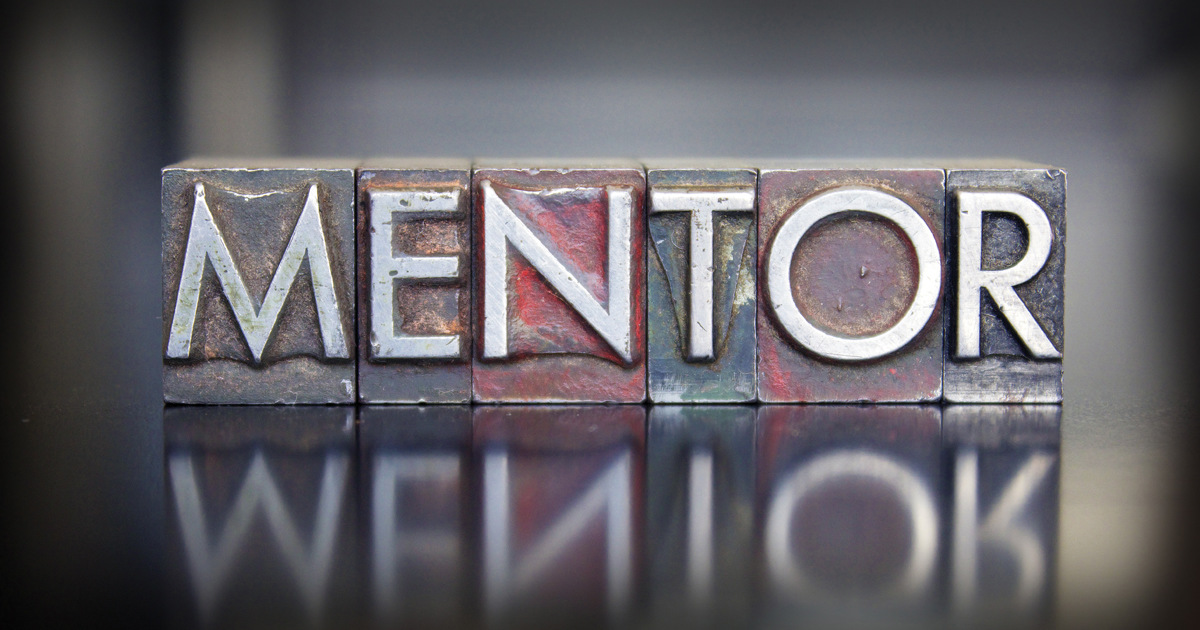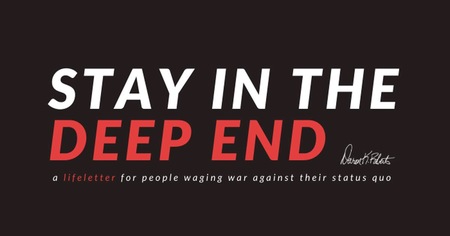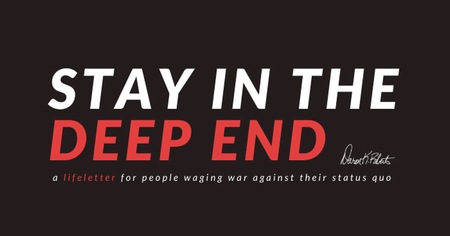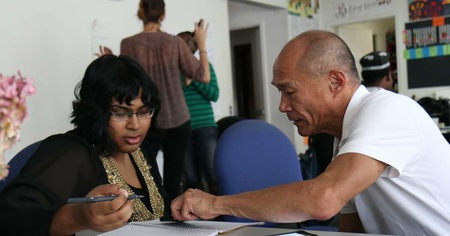What I didn't understand then: I'd sought a mentor in her. I tried expressing gratitude for her time, hoping to develop a relationship; she conveyed that my gratitude was "weakness."
I couldn't disagree more. I knew this "professional" was wrong on so many levels. This interaction made me cry, then made me angry. I became determined to do better for others than she had for me.
Why do I spend thousands of hours a year mentoring young women?
Gratitude.
Despite contrary opinions, no one "makes it" without help. If I demonstrate and inspire gratitude in others during their early career stages, personal interactions—even beginning ones like those needed for networking—may be less intimidating and even fun. Creating an environment where kindness chokes out the darkness levels the playing field somewhat, letting us engage in meaningful, thoughtful, mutually beneficial ways. We shouldn't cut each other down. We need each other. If you cannot mentor positive interactions and coach sound professional development, get out of the way. The rest of us have a world to inspire.
Maintaining relevancy.
Nothing keeps you as fresh professionally as meaningful dialogue with folks different than you. The longer I'm a professor, the further I am from that college-going generation (mostly). To be a better practitioner, I must know what's coming down the pipe. To be a better connector, I must know what drives, moves or scares my students. To help fight workplace injustice, I must understand how others think. My thoughts result from my experiences; they aren't the only experiences. Exposing myself to others' issues helps me becomes more empathetic.
Building and maintaining a network.
A mentor/mentee relationship should not be quid pro quo. I'm not so naive that I cannot wrap my mind around working for professionals a generation or two younger. Those I mentor connect me to their networks, recommend me for positions, inform me of opportunities. This network has helped me pass along opportunities. Since I work with young professionals often, I typically get job and internship opportunities before they're publicly posted—which is valuable to my mentees and advisees. A former intern sent me a job description a week before it went public, using her network to connect to mine, to pre-screen qualified graduating seniors for an entry-level job. That's plain smart. I'm happy to help move this information along. You can't beat the networked hiring approach. That's also plain smart.
The future of my profession.
I didn't have a strong female mentor early in my career. I fumbled and stumbled through the first five years. The future of equality and quality depends on professionals mentoring the next generation. If we don't help the up-and-coming build a solid foundation, who will we be forced to collaborate with later? Many like complaining about a generation's inadequacies, but we're part of the problem. Their perceived or actual failings and deficiencies are ours.
Millennials are starving for our attention, wanting to be helped and mentored toward success. They're eager to learn and have much to teach us, if we'd heed the signs. Maintaining ethics, professionalism, tactical implementation, creativity, strategy and problem solving in public relations means demonstrating how to do it well and not screw it up. Millennials will add their style to this tribal knowledge and be better than you/me/we. We can't launch them at a deficit because it bothers us; we must be better than that.
An oft-overlooked secret to mentorship: It's not a one-way street. It's not just the mentee benefiting. Being entrusted as a mentor grew my career and added a richness to my life I didn't know I was missing until I started mentoring young people. Early on I stumbled upon this Hindu proverb: "They who give have all things; they who withhold have nothing." You could say I embraced it as my mantra. I do believe that I have all things.
Can you imagine the power of mentorship if we each mentor one, who mentors one, who mentors one?
Help me build a mentor army, won't you?
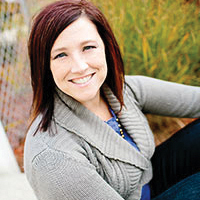 Adrienne Wallace is an Assistant Professor at Grand Valley State University. This article originally appeared in the August/September 2017 issue of West Michigan Woman magazine.
Adrienne Wallace is an Assistant Professor at Grand Valley State University. This article originally appeared in the August/September 2017 issue of West Michigan Woman magazine.

